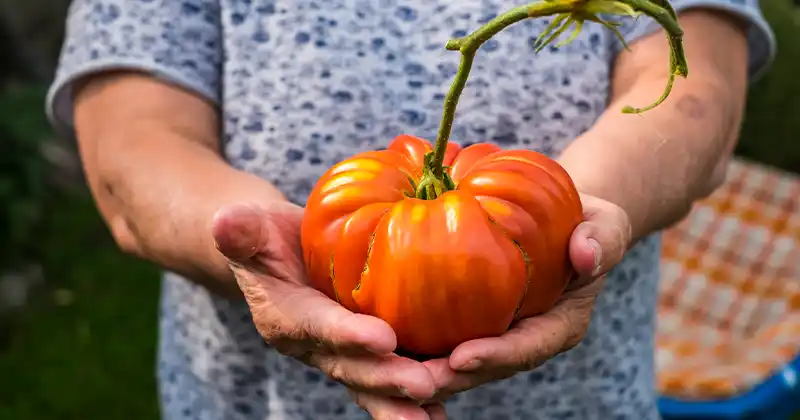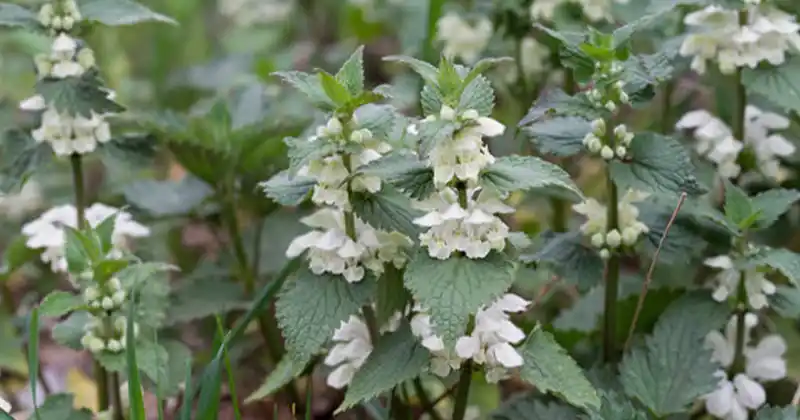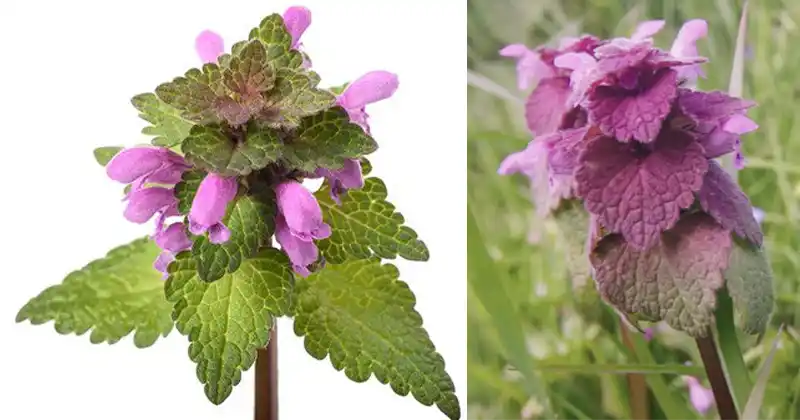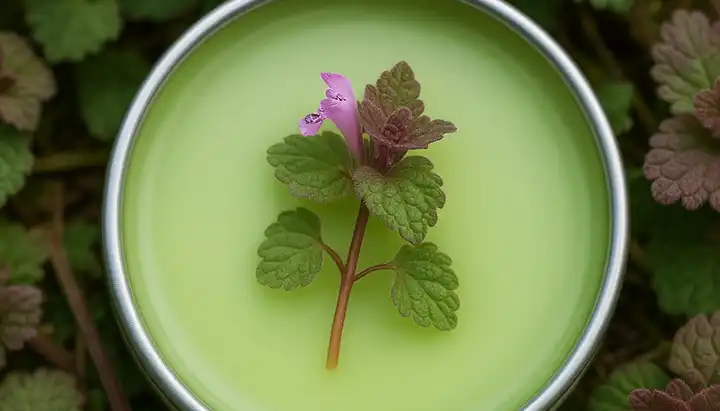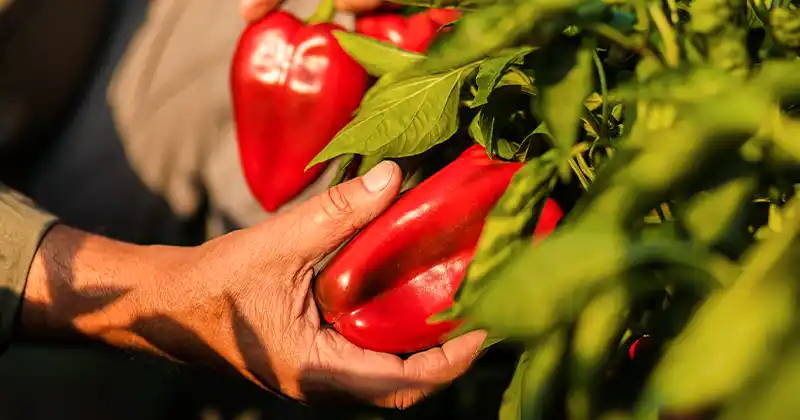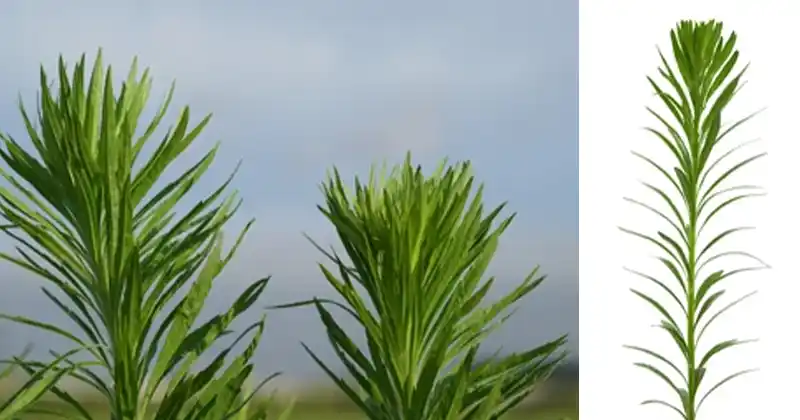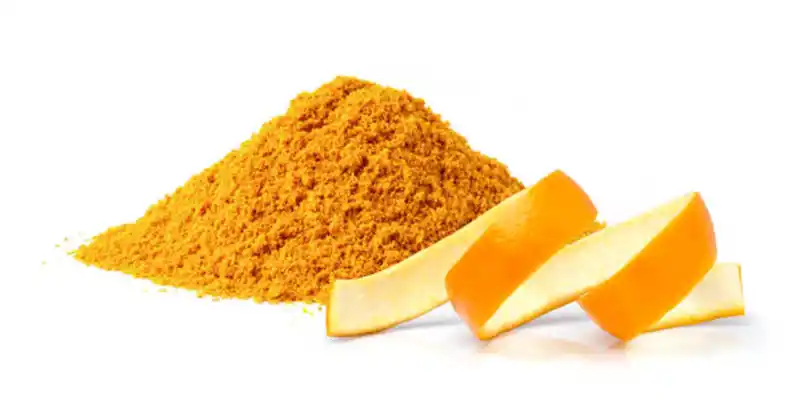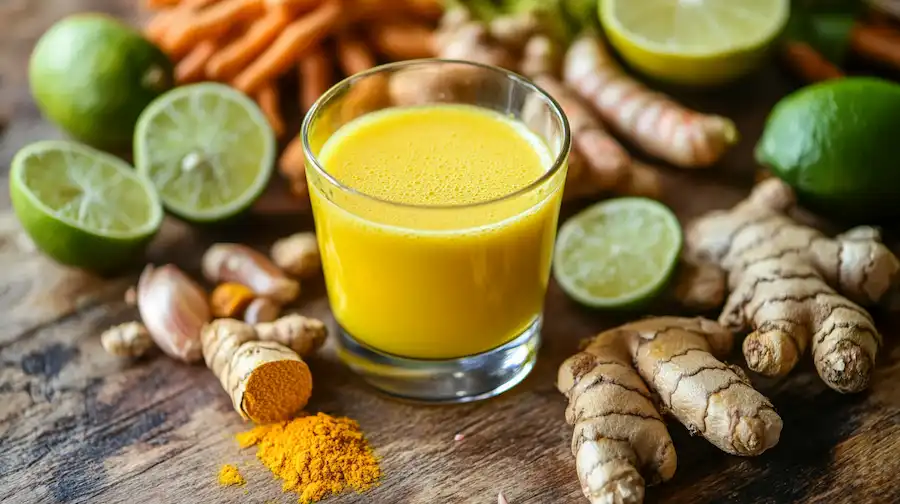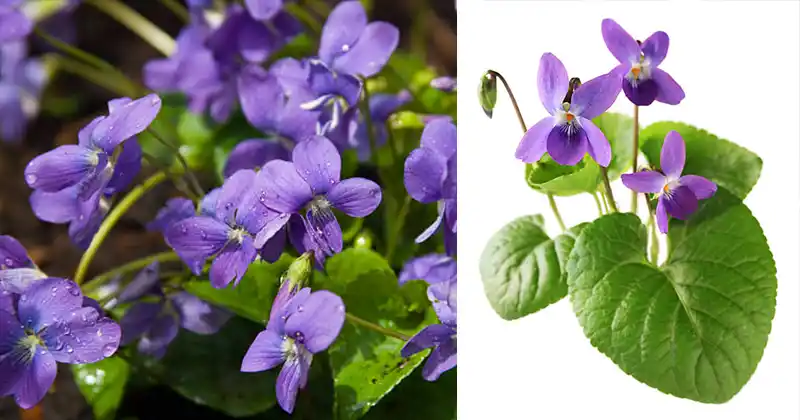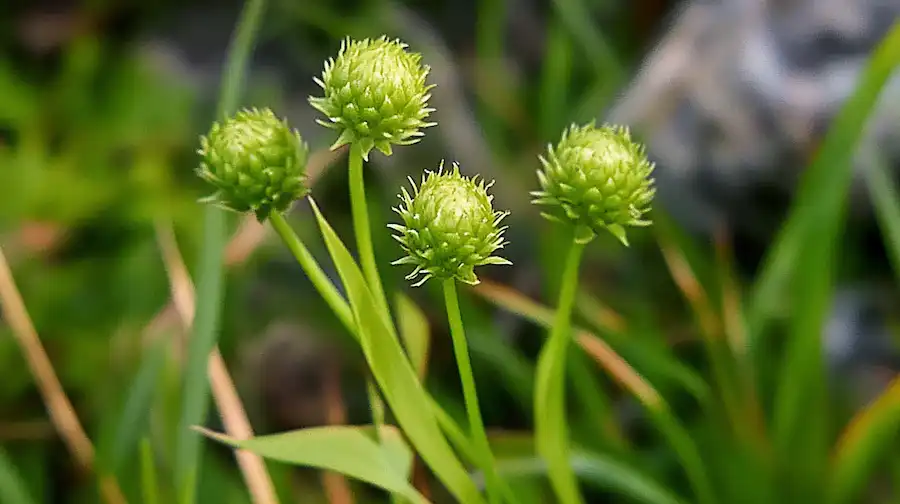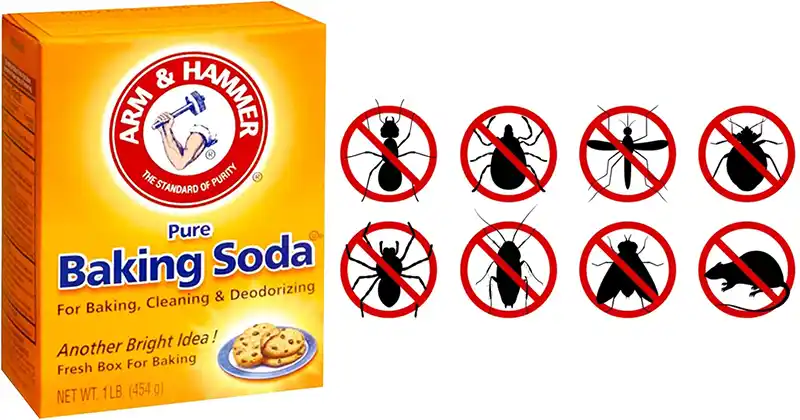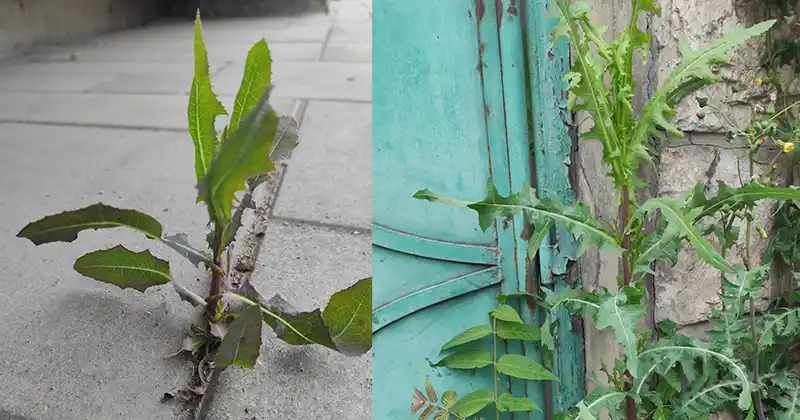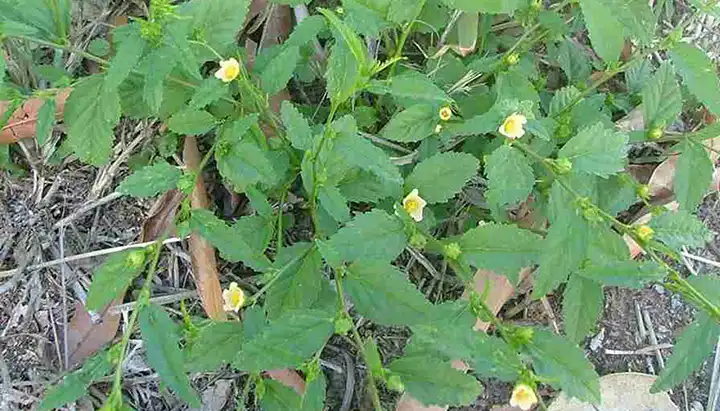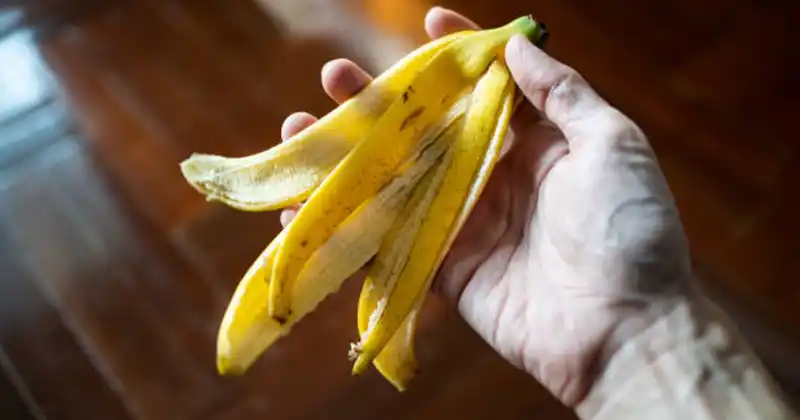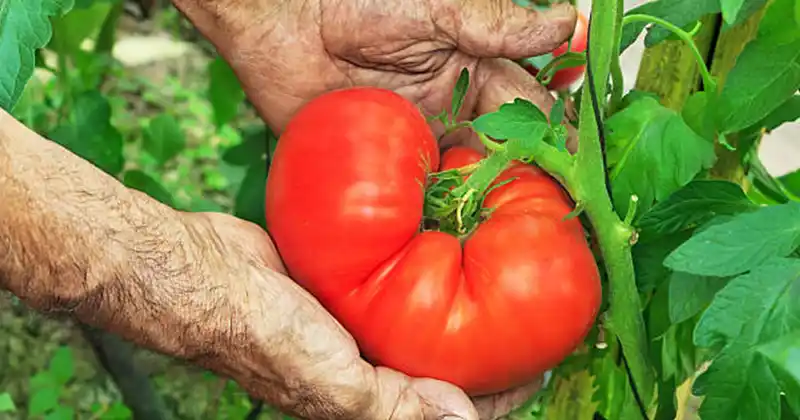Enhancing Your Garden: 7 Natural Items That Enrich Soil for Free
A lush, thriving garden doesn’t always require expensive fertilizers. Nature provides us with an array of household items that, when buried in the garden, can transform soil into a nutrient-rich haven for plants. Here are seven natural items that can work wonders for your garden’s health and vitality:
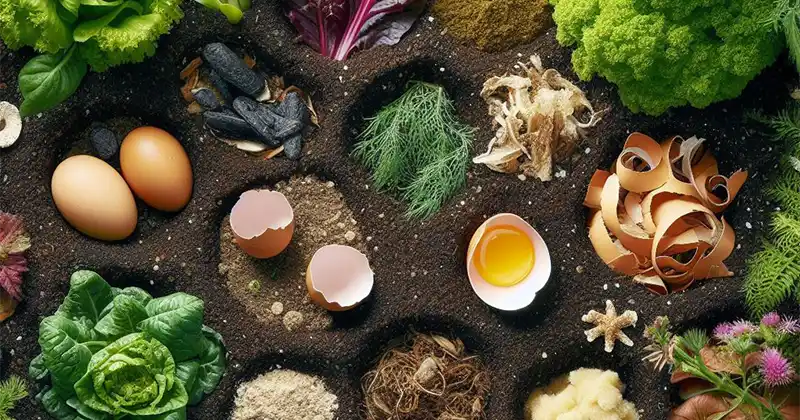
1. Kitchen Scraps
Transform kitchen waste into a boon for your garden. Vegetable peels, leftover greens, mushroom scraps, and even banana peels serve as excellent natural fertilizers. These organic remnants break down over time, attracting earthworms and enriching the soil with essential nutrients.
2. Eggshells
Save those eggshells! These calcium-rich shells take time to decompose fully, but when crushed and added to the soil, they gradually release calcium, benefiting plants, especially calcium-loving ones like tomatoes.
3. Cardboard Products
Toilet paper rolls, paper towel rolls, and cardboard boxes, devoid of stickers or tape, are fantastic additions. Worms love cardboard, using it as shelter and contributing to soil aeration, aiding in the decomposition process.
4. Stale Bread

Surprisingly, stale bread serves a purpose in the garden too. Its moisture-absorbing quality and tendency to foster mold and fungus make it an attractive meal for worms, contributing to organic fertilizer.
5. Coffee Grounds
Neutral in nature, coffee grounds enhance soil moisture retention and break down easily. Worms adore the fungus that grows on them, accelerating their decomposition process.
6. Grass Clippings
Rich in nitrogen, grass clippings offer an excellent source of this essential nutrient for your garden. Ensure they’re free from weed seeds and chemicals to avoid any unwanted growth.
7. Dead/Fallen Leaves
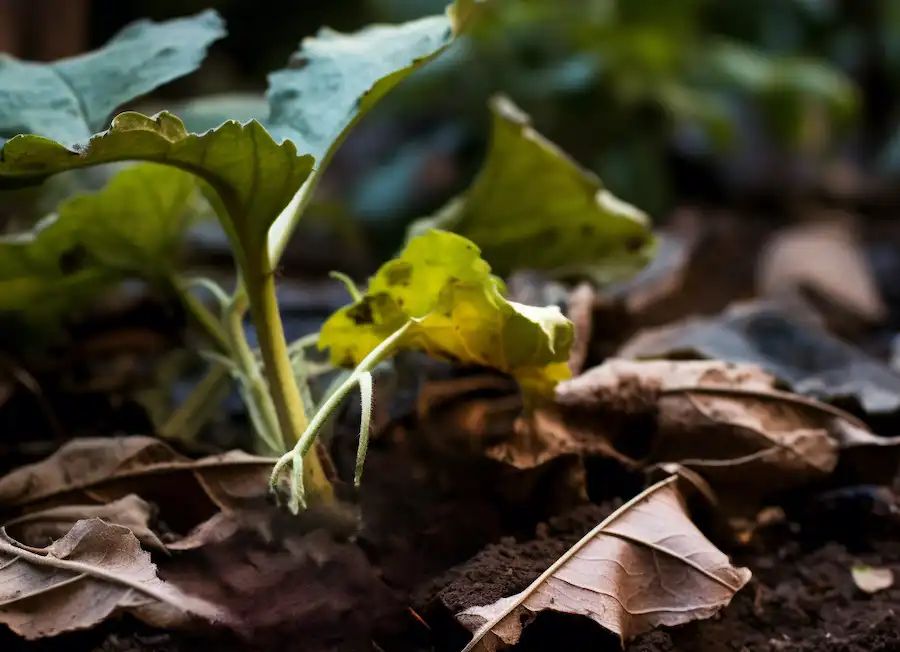
Autumn leaves, readily available and free, add organic matter to the soil. Use a lawnmower to gather them quickly, contributing to the overall health of your garden’s soil.
While these items can work wonders in nourishing your garden, it’s equally important to know what not to bury in your garden:
- Wood Chips and Pine Needles: Unless aiming for acidic soil, avoid mixing these into the ground as they can alter soil pH.
- Peanut Shells, Dairy, Meat Products, and Eggs: These items attract unwanted pests and slow decomposition. Opt to compost them separately to prevent foul odors and maintain a healthy compost pile.
By incorporating these natural and cost-effective methods, you’ll foster a thriving, nutrient-rich environment in your garden. However, remember to maintain a balance and always be mindful of what you introduce to your garden soil for optimal plant growth and vitality.
